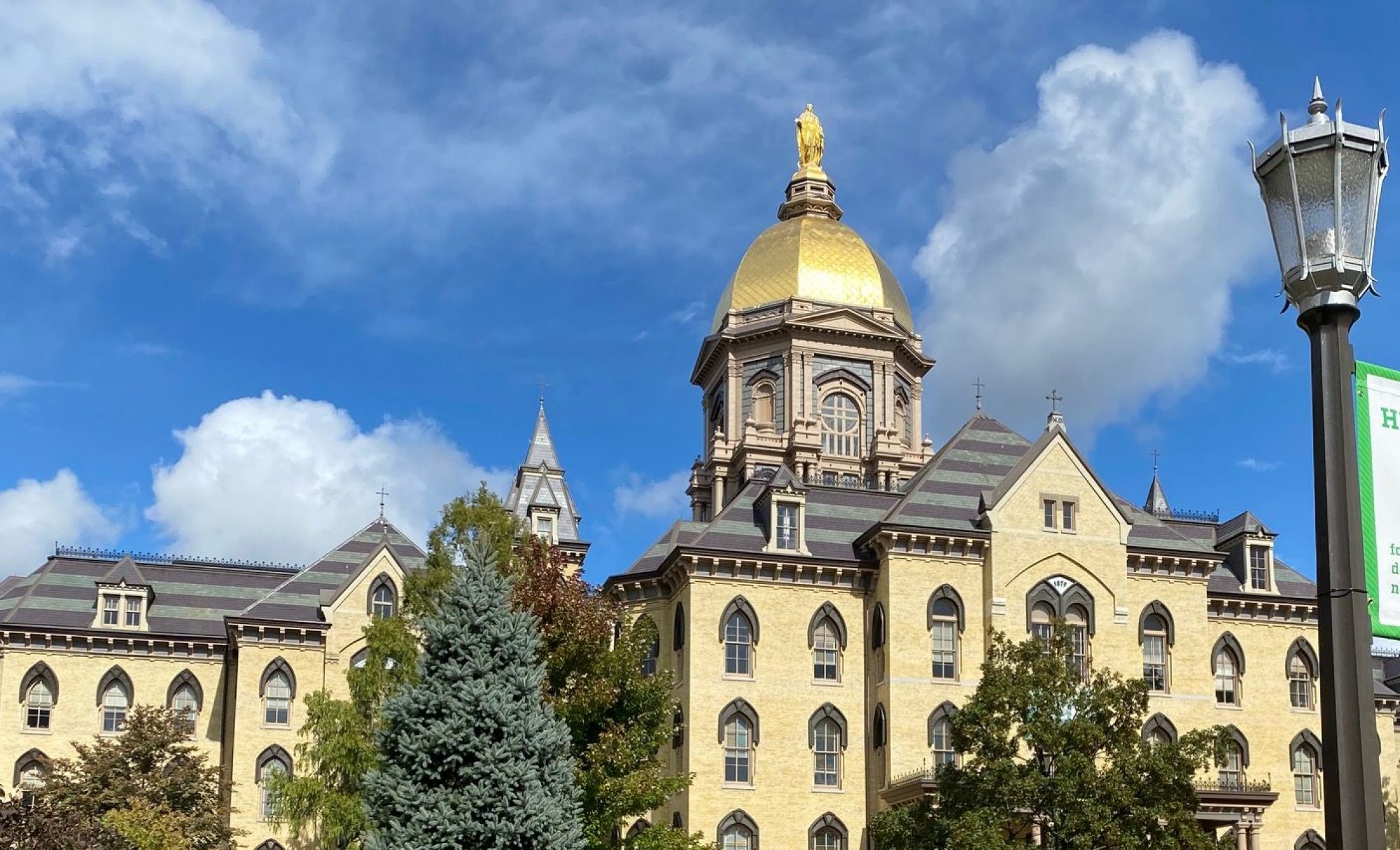Christina has designed and taught different undergraduate and graduate courses in political science focusing on constitutionalism and political theory. She views her concentration on constitutional rights as offering an important opportunity to educate students about their own rights and duties in a constitutional democracy. As a graduate student, Christina was chosen to receive the University of Texas Liberal Arts Council’s Excellence in Teaching Award. Read her interview with the American Political Science Association about teaching and her contribution to APSA’s RAISE the Vote Campaign.
Constitutional Principles. Syllabus.
Course Description: In Federalist 1 Alexander Hamilton describes the project of the American framers to establish a constitution through “reflection and choice” rather than “accident and force.” Ultimately the 1787 Constitution was a product of extensive compromise, as different philosophical and political commitments informed the kinds of choices that different camps would pursue for the young country.
In this class we study the political philosophical traditions that shaped the constitutional debates and eventually the American constitutional order. In particular, we look at the republican tradition as represented by Aristotle, and the liberal tradition as represented by John Locke. After gaining some familiarity with these thinkers, we can begin to understand the commitments and preoccupations of the American Federalists and Anti-Federalists when we read the ratification debates. Finally, in studying Alexis de Tocqueville’s observations of the Early Republic, we see that these philosophical traditions and corresponding constitutional choices have consequences beyond the Constitution’s text. Even today these traditions continue to animate and define life in the American polity.
That the Constitution was the result of compromise is evident throughout the class. Most strikingly, America’s original sin of slavery poses vital challenges to many of the ideals and commitments we encounter in studying the Constitution’s foundations. Moreover, even those values that do seem to coexist productively sometimes collide–equality vs. liberty, security vs. local autonomy, democracy vs. individual rights. The framers sought to create a Constitution from reflection and choice. With the diversity of commitments and ideas informing the American constitutional order, however, perhaps the best we can hope for is a Constitution of constant striving, but never fully realized.
Rights: Theory, Practice, and Debates
Course Description: It’s a free country! It’s my right! How many times have you heard these expressions? How many times have you used them? From these playground taunts to more serious appeals in public fora, the language of rights pervades American discourse today. This may be a virtue if this rights-consciousness results in a more just society. But it may be counterproductive as well. People may resort to “rights talk” at the expense of reasoned argument, preventing understanding or dialogue with others who seem to disagree. Moreover, emphasizing rights may distract from thinking about our duties as citizens or even as human beings.
If we are going to discuss and debate rights as much as we do, we should know something about them. Arguably, we should know something about their history, their status in law, and the important questions concerning rights that are up for debate even today. In this class, we will read many of the essential texts from the history of political thought and constitutional law. Ultimately, we take up a variety of questions about rights that remain open for debate. Where do we think rights come from? How do we find rights in law? Can rights ever be limited or taken away? Are there limits to what the concept of rights can accomplish? After the first two sections of the course, we will be prepared to weigh in on these big questions, and even offer some answers.
